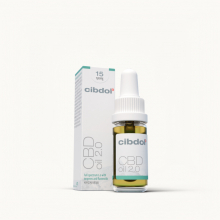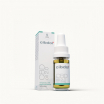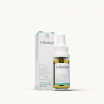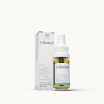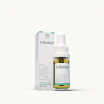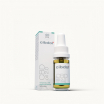How to Make CBD Oil at Home - The Complete Guide
Last updated:
Published:
CBD oil has become hugely popular over the last few years. With so many purported health and wellness benefits, it's no wonder people are looking for ways to make their own CBD oil at home.
Contents:
- What Exactly is CBD Oil?
- Is it Legal to Make Your Own CBD Oil?
- Make CBD Oil with CO2 Extraction (Most Effective)
- Make CBD with an Oil Infusion
- Create CBD Oil with Ethanol Extraction
- Make Water Soluble CBD Oil for Versatility
- Should You Make Your Own CBD Oil at Home?
- Frequently Asked Questions About Making CBD Oil
- Does homemade CBD oil work as well as store bought?
- What are the best marijuana strains for making CBD oil?
- Can you use regular olive oil to make CBD oil?
- How long does homemade CBD oil last?
- Conclusion
- What type of hemp should I use to make CBD oil?
- Can I use trim or shake instead of buds for extraction?
- What is decarboxylation and is it required?
- Does the oil infusion process require heat?
- Can I use an instant pot to make CBD oil?
- How much CBD oil can 1 pound of hemp produce?
- What is the shelf life of DIY CBD vape juice?
- Should I filter my homemade CBD oil?
- Can I turn CBD isolate powder into CBD oil?
- Is it cost effective to make my own CBD products?
But is it actually possible to make high quality CBD oil yourself? And is it legal?
In this complete guide, we'll cover everything you need to know about making CBD oil at home.
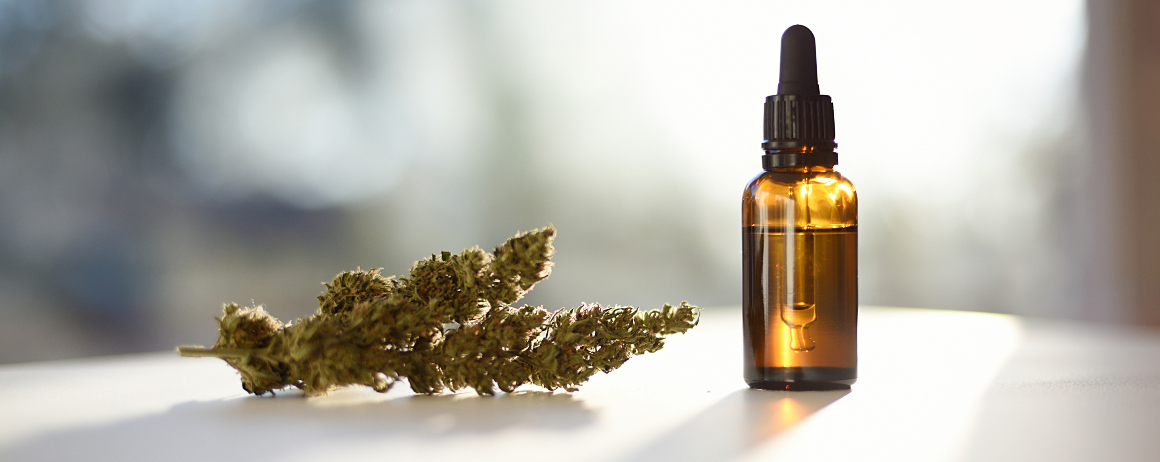
What Exactly is CBD Oil?
Before we get into the DIY process, let's start with the basics.
CBD, short for cannabidiol, is one of over 100 compounds called cannabinoids that are found in the cannabis plant. Unlike the more well known cannabinoid THC, CBD is non-psychoactive. This means it won't get you high.
Research has shown CBD to have a number of potential therapeutic uses. These include reducing anxiety and depression, relieving pain and inflammation, and more.
CBD oil is an extract made from cannabis or hemp plants. It contains high concentrations of CBD, along with various other cannabinoids and terpenes.
CBD oil can be taken orally in the form of tinctures, capsules, or edibles. It can also be inhaled via vaping. Many people use CBD oil to help manage health conditions or improve overall wellness.
Now that we know what CBD oil is, let's look at the different ways it can be made.
Is it Legal to Make Your Own CBD Oil?
Before you go any further, it's crucial to understand the legalities around producing CBD oil at home in your country.
Laws regarding CBD and hemp vary greatly around the world. In many places, CBD products made from hemp containing less than 0.3% THC are legal. However, the regulations are complex and constantly changing.
Some countries have banned CBD outright while others allow both hemp-derived and marijuana-derived CBD. To legally and safely make CBD oil at home, research your country's specific CBD laws.
Also check regional laws if making CBD oil in a particular province/state/territory within your country. Only source hemp extracts confirmed to comply with THC limits for your jurisdiction.
It's advisable to consult a lawyer if at all unsure about the legality of making CBD oil at home where you live. Proceed carefully and ensure you are following all applicable laws in your country.
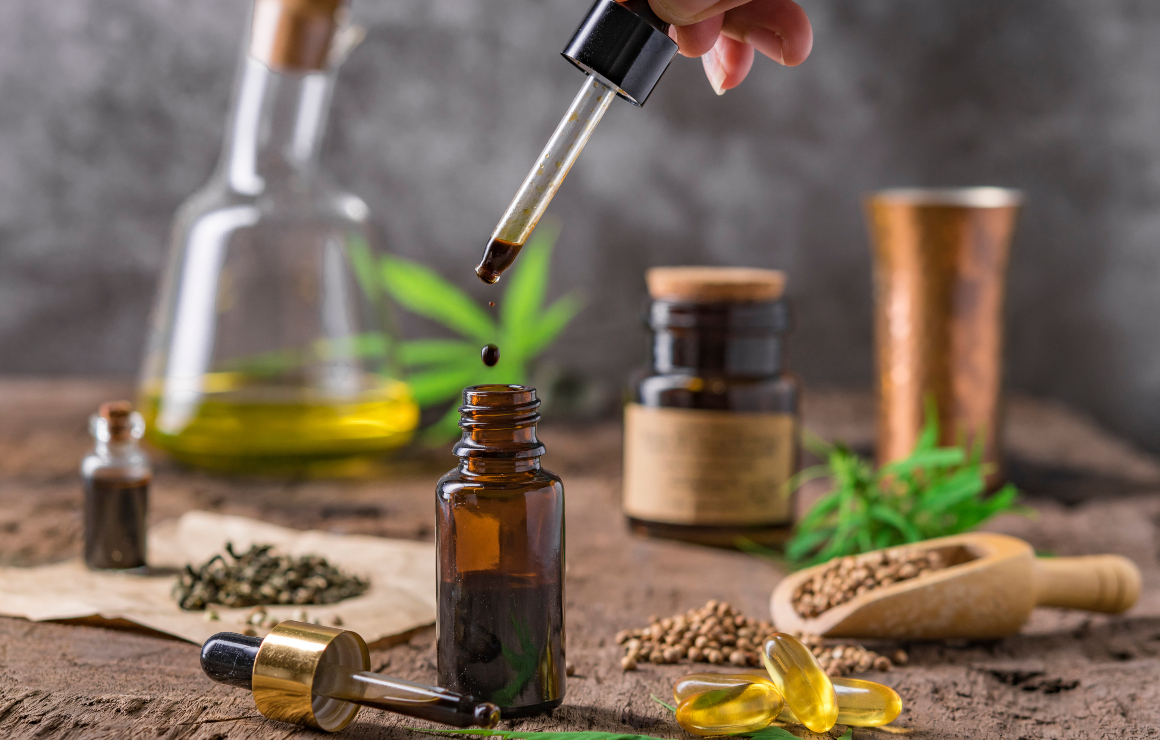
Make CBD Oil with CO2 Extraction (Most Effective)
CO2 extraction is the preferred method for producing high quality CBD oil, used by the leading brands and manufacturers. But the equipment is very expensive for the average person.
That said, if you have the resources, making your own CO2 extracted CBD oil will provide the highest quality and purity.
How CO2 Extraction Works
CO2 extraction uses carbon dioxide under high pressure to pull the desired compounds from the plant. It's able to extract not just CBD but other cannabinoids, terpenes, and flavonoids.
The process keeps temperatures low, which preserves more of the beneficial plant compounds. This results in a full-spectrum or broad-spectrum CBD oil.
Making your own CO2 extracted CBD oil requires:
- High grade CBD hemp flower
- An extraction machine with pumps, tanks, and valves
- Winterization equipment for filtering and refining
- Ethanol or other solvents
- Vacuum ovens for purging solvents
As you can see, the equipment costs make this unrealistic for small scale home production. But it is an option for those serious about making professional quality CBD products.
If an expensive CO2 setup isn't feasible, keep reading for more accessible methods.
Make CBD with an Oil Infusion
Infusing CBD hemp extract into a carrier oil is the simplest DIY approach. All you need is the extract, oil, and some basic supplies.
While not as pure and potent as CO2 oil, infused CBD oils can still be quite effective. And the process is much easier.
What You'll Need
- High quality hemp-derived CBD extract/isolate
- Carrier oil like MCT, olive, avocado, or hemp seed
- Small glass jar with lid
- Cheesecloth
- Strainer
- Dark glass dropper bottles for storing
How to Make Infused CBD Oil
- Decarboxylate the CBD extract if needed. This activates the compounds.
- Add CBD extract to chosen oil inside jar. Use ratios of 0.5 to 1 gram CBD per 1 oz oil.
- Attach lid and place jar in saucepan with water. Heat on low for 2-3 hours.
- Shake jar every 30 minutes. CBD will dissolve into oil.
- Strain oil through cheesecloth and discard plant material.
- Use dropper to fill dark glass bottles with finished CBD oil.
- Store in cool, dark place for up to 12 months.
This easy infusion method makes an affordable CBD oil with all the benefits of cannabinoids and terpenes.
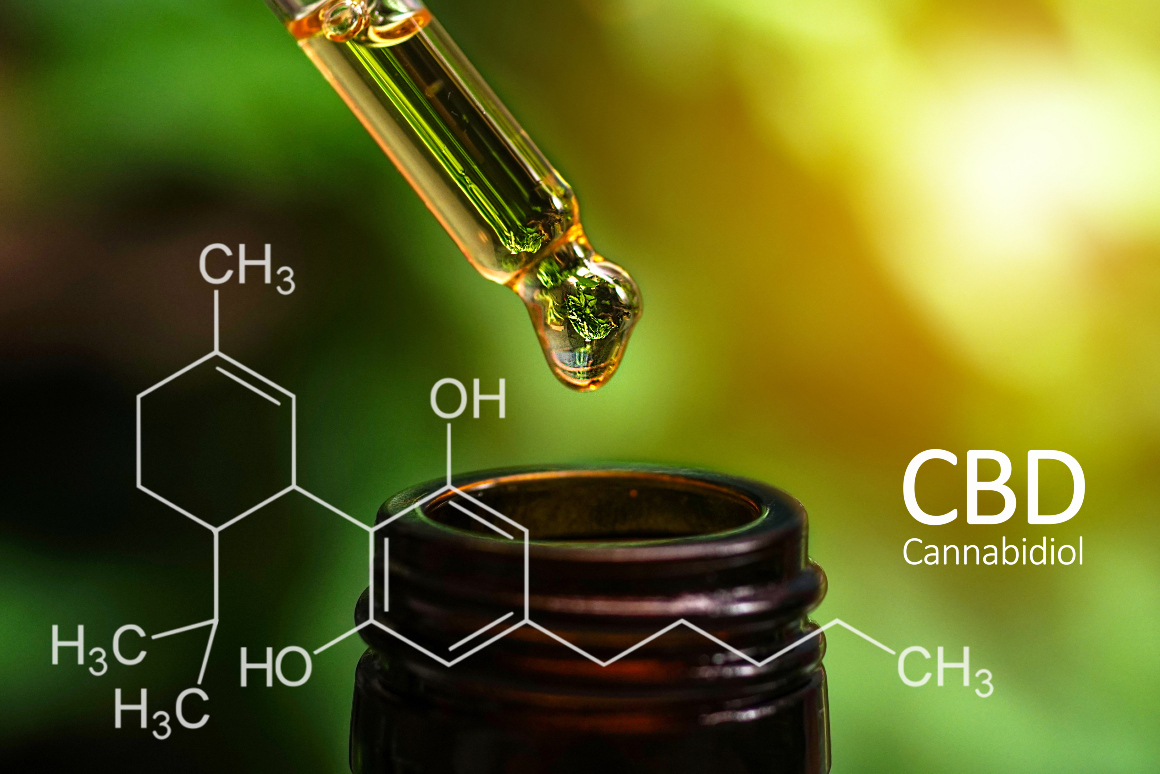
Create CBD Oil with Ethanol Extraction
Another option for making homemade CBD oil is an ethanol extraction. This simple process can produce high concentrations of CBD.
While not as ideal as CO2, ethanol is an effective solvent for extracting CBD from hemp. And the equipment is very basic.
Supplies You'll Need
- High CBD hemp flower/biomass
- Food grade ethanol or high proof alcohol
- Double boiler or slow cooker
- Cheesecloth and strainer
- Glass or stainless steel container with lid
- Rotary evaporator (optional)
How to Make Ethanol Extracted CBD Oil
- Decarboxylate hemp to activate CBD. Bake at 220°F for 90-120 minutes.
- Place decarbed hemp in a glass or stainless steel container.
- Cover with ethanol until all plant matter is submerged.
- Seal container and shake vigorously for 3-5 minutes. Set aside to soak for 1-2 hours.
- Drain and collect ethanol solution from soaking.
- Repeat soak/shake process 2 more times, combining ethanol solutions.
- Place ethanol solution in double boiler/slow cooker on very low setting.
- Evaporate ethanol. This can take 1-2 days.
- Decant oil extract into containers and allow to cool.
- Use cheesecloth to filter out any remaining plant material.
- Store finished full-spectrum CBD oil in dark glass bottles.
While more involved than a simple oil infusion, ethanol CBD extraction can produce high quality oil safely at home. Just be very careful using flammable ethanol.
Make Water Soluble CBD Oil for Versatility
Regular CBD oil is hydrophobic, meaning it doesn't mix with water. This makes it less versatile and absorbable.
Creating water soluble CBD oil allows you to add it to more products like drinks, smoothies, skin care, and more.
To make water soluble CBD oil at home:
- Start with pre-made CBD oil from reputable source
- Obtain liquid emulsifier like sunflower lecithin
- Mix CBD oil and emulsifier together in a 1:1 ratio
- Shake vigorously or use immersion blender to emulsify
- CBD oil is now water soluble for mixing into water-based products
This simple method creates a versatile form of CBD oil using an emulsifying agent. Shake well before each use.
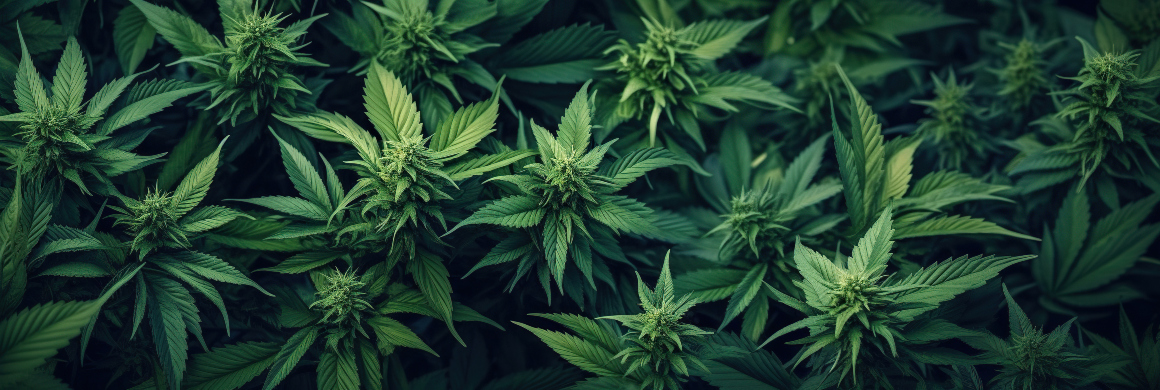
Should You Make Your Own CBD Oil at Home?
After learning the various methods for making DIY CBD oil, a logical question is whether you should actually make your own.
There are pros and cons to consider when deciding if home CBD production is right for you:
Potential Pros
- Full control over ingredients and quality
- Lower cost than buying pre-made
- Can customize strength and flavors
- Learn new skills and self-sufficiency
Potential Cons
- Requires initial investments in equipment
- More labor intensive than buying CBD oil
- Easier to mess up without proper expertise
- May not have access to quality hemp extracts
For most people, the obstacles and risks of making CBD oil at home outweigh the benefits. Purchasing from a reputable company like us will ensure you're getting a quality, safe product.
However, as long as you thoroughly research extraction methods, have high quality materials, and carefully follow recipes, home production can be rewarding.
If attempting to make your own CBD oil, always adhere to local laws and regulations. Only obtain CBD and hemp extract from trusted suppliers to ensure safety and legal compliance. Start slowly in small batches and adjust methods as needed.
Frequently Asked Questions About Making CBD Oil
Many first-timers have additional questions about the process of making CBD oil at home. Here are answers to some of the most common FAQs.
Does homemade CBD oil work as well as store bought?
The effectiveness of homemade CBD oil depends greatly on the method used and your skill level. Oil infusions are simple but provide much lower potency than CO2 extraction. With the right techniques and high quality extracts, homemade can work just as well as store bought. But it's easier to mess up the process without experience.
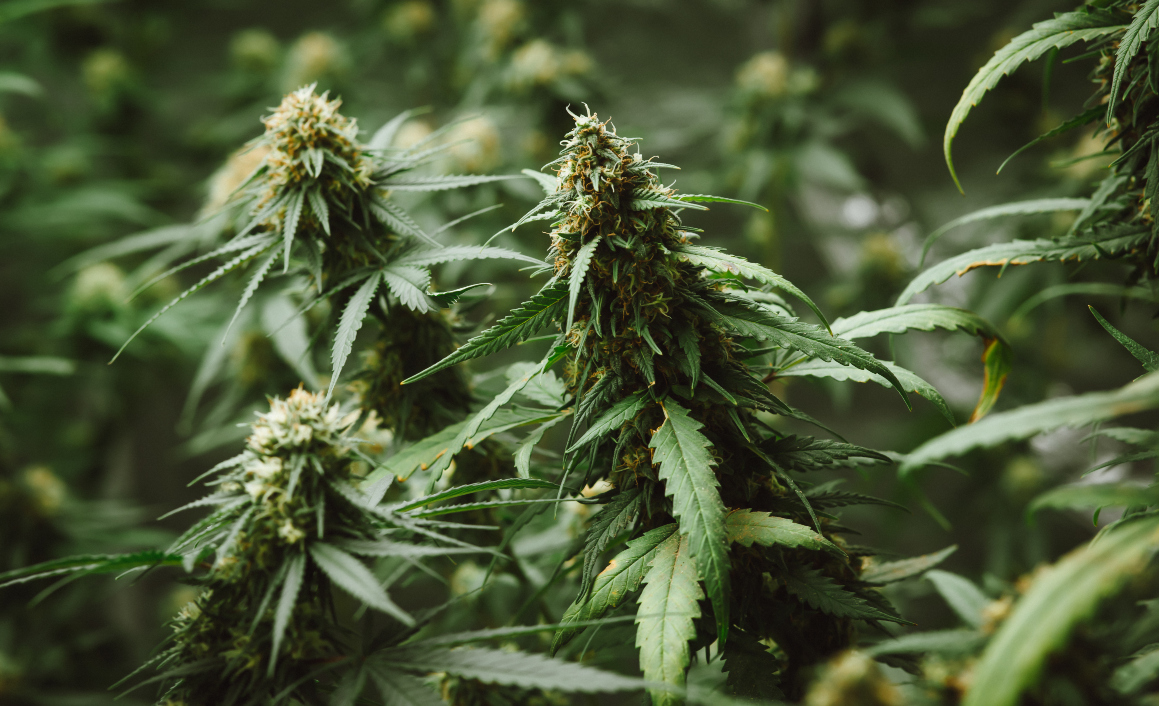
What are the best marijuana strains for making CBD oil?
You'll want to use high CBD hemp rather than marijuana. Look for hemp strains like ACDC, Charlotte's Web, or Remedy. These contain high CBD and negligible THC. Always verify the CBD and THC levels through third party lab tests.
Can you use regular olive oil to make CBD oil?
Olive oil isn't optimal as it has a low smoke point. This means it can oxidize from heat during extraction. Better home options are MCT, coconut, hemp seed, or avocado oil.
How long does homemade CBD oil last?
If stored properly away from heat, light, and air exposure, CBD oil can last up to 12 months before losing potency. Keep your finished oil in an airtight glass container in a cool, dark place for maximum shelf life.
Conclusion
Creating your own CBD oil at home is an intriguing project for DIYers looking to save money and customize their CBD. With the right methods and materials, quality homemade CBD extracts and infusions are absolutely possible.
However, for most people, the convenience, assured safety, and consistency of purchased CBD oils make more sense over attempting to "reinvent the wheel" at home. There are many high quality CBD brands that ethically source organic hemp and undergo rigorous third party testing.
By understanding the processes involved, you can better appreciate how much care and expertise goes into making a premium CBD oil. This knowledge will help you select only the best quality products from reputable producers.
So consider giving CBD oil making a try if you enjoy DIY projects and want to learn extraction techniques. But also don't hesitate to take advantage of the wide availability of expertly crafted CBD oils on the market.
Whichever way you choose to access and enjoy the benefits of CBD, may it bring you greater health and wellbeing.
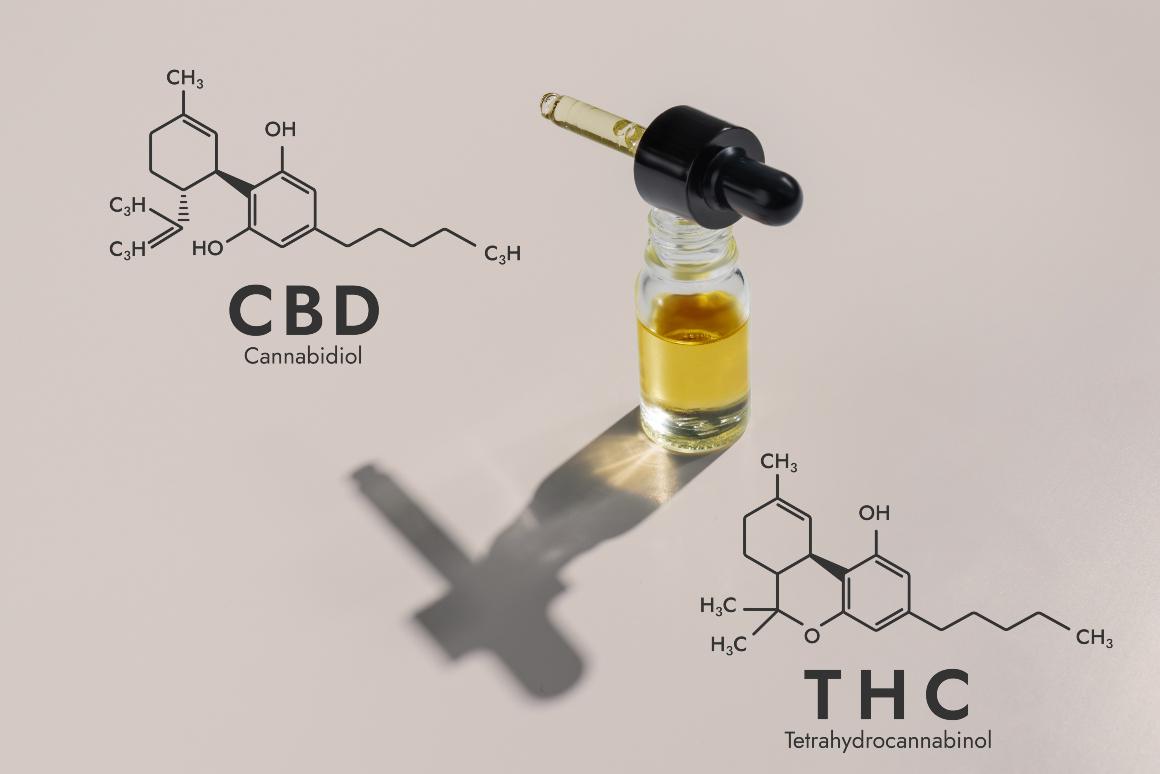
What type of hemp should I use to make CBD oil?
Focus on sourcing organic hemp that is naturally high in CBD. Look for industrial hemp strains bred specifically for CBD production, with at least 4% CBD content. This will provide more CBD-rich extract per batch.
Can I use trim or shake instead of buds for extraction?
Trim and shake contain fewer cannabinoids than flower buds. But they can be used for DIY CBD oil to save money. Results may be less potent. Use at least twice as much trim compared to buds.
What is decarboxylation and is it required?
Decarboxylation activates the compounds in hemp by gently heating it before extraction. This converts CBDA to CBD for greater potency. Skipping this can result in a less effective oil.
Does the oil infusion process require heat?
No, heat is not needed for infusing CBD into oils. You can simply stir or shake the hemp extract and oil together then strain. However, using low heat helps the CBD dissolve faster.
Can I use an instant pot to make CBD oil?
Yes, an instant pot or other electric pressure cooker can be used to infuse CBD into oils as a safer alternative to stovetop heating. Just place the ingredients inside and cook on low pressure for an hour or more.
How much CBD oil can 1 pound of hemp produce?
One pound of high quality hemp buds with 15% CBD will produce about 450-500mg of CBD oil if performing an efficient ethanol extraction. Yields vary based on potency.
What is the shelf life of DIY CBD vape juice?
Homemade CBD vape juice will typically last around 6 months if stored properly. Over time, oxidation and separation can diminish quality. Adding preservatives helps extend the shelf life.
Should I filter my homemade CBD oil?
Filtering helps remove excess plant material for a smoother, better tasting CBD oil. Use cheesecloth, a gold filter, or coffee filter after the initial extraction and separation process.
Can I turn CBD isolate powder into CBD oil?
Yes, you can dissolve CBD isolate in a carrier oil like MCT or olive oil to create a DIY CBD oil. Use heat and stirring to fully blend the powder into the oil before bottling. The dosage can be easily customized.
Is it cost effective to make my own CBD products?
Making your own CBD oils, CBD capsules, edibles, and other products can save you money in the long run. But the initial investment into the needed equipment and supplies can be prohibitive for small batches.









